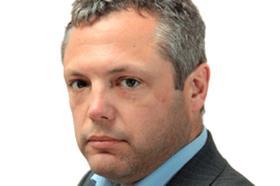An irony of coronavirus for solicitors is that as everyday life screeched to a halt, the evolution of the profession itself accelerated. Home working is case in point. There can hardly be a law firm of any significant size that is not reviewing its office footprint, eagerly anticipating the cut to overheads from taking less space. But how much less?

In fact, it’s already happening. One regional practice with a national reputation told me last week of an office move planned for July that has been abruptly cancelled. Business is good – or as good as can be expected in these trying circumstances. Money had nothing to do with the decision. The managing partner had calculated that the business just wasn’t going to need the acreage.
My point is that the profession would have got there anyway – eventually. Wellbeing and diversity were rocketing up the boardroom agenda long before lockdown. Yet the stigma attached to WFH (‘sanctioned malingering’) had continued to stymy real progress. Now we know better.
Of course, few people want to be stuck in the back bedroom with the unused exercise bike and dusty Oasis CDs forever. Another firm that surveyed its staff told me most would like to work in the office, just not as often. For many younger solicitors, I suspect that two or three days a week will become the new normal. I’d certainly welcome such an arrangement in my own working life.
The same principle applies to digitalisation. Last week, HM Land Registry confirmed that it will now start accepting electronic signatures, paving the way for the entire conveyancing process to be conducted electronically. The registry was heading down this road anyway. But as the CEO noted, the move will help right now as most people continue working from home.
Equally radical, and more controversial, is the government’s statutory instrument allowing wills to be witnessed remotely.
Some forecast a rise in probate litigation, but the Law Commission has been asked to come up with a more permanent solution.
As with so much else, it is hard to envisage a return to the way we were.































No comments yet